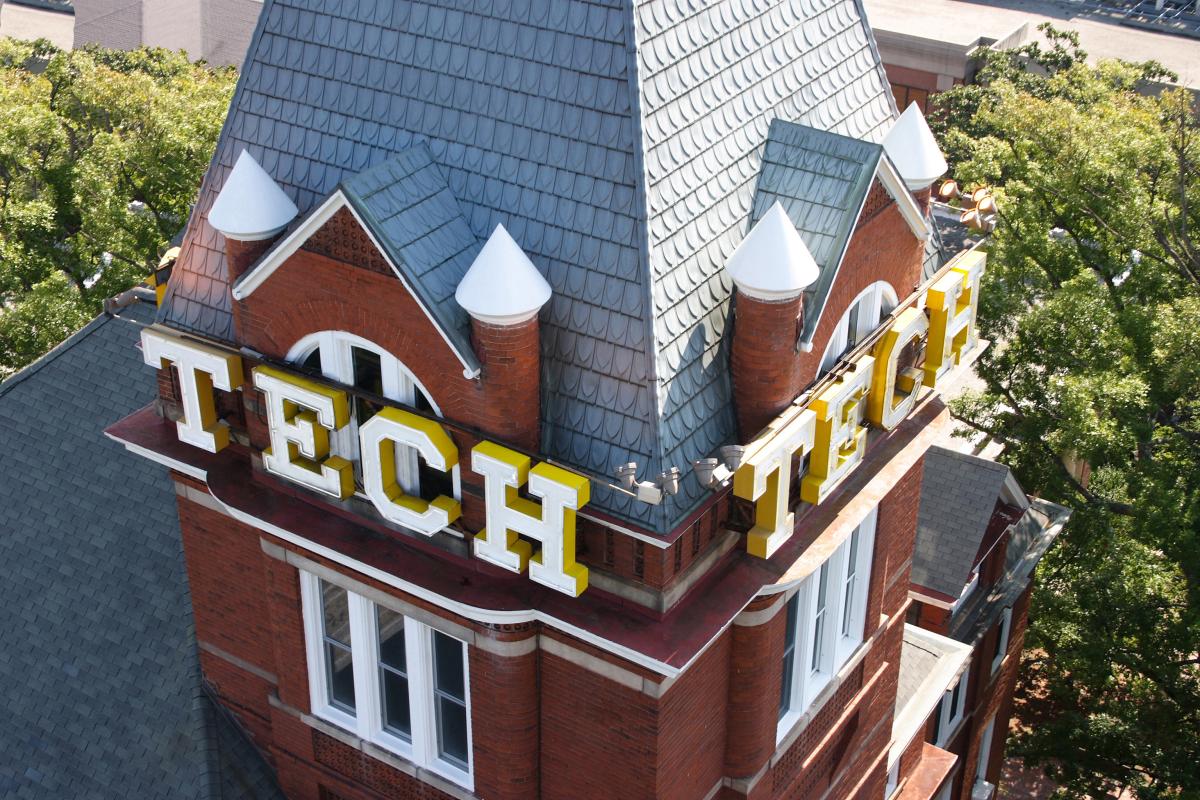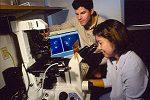
Andres García, professor in the George W. Woodruff School of Mechanical Engineering, will serve as Georgia Tech’s principal investigator in a groundbreaking diabetes research effort. The National Institute of Diabetes and Digestive and Kidney Diseases, part of the National Institutes of Health (NIH), has awarded the research team, consisting of investigators at Georgia Tech, Emory, University of Alabama and University of California at San Diego, a $6.1 million grant to conduct the research. Two of the most common and debilitating complications of diabetes are the subject of the NIH-funded study, called “Cell therapy for diabetic peripheral neurovascular complications.” Researchers are working to re-program cells taken from the bone marrow or peripheral blood of patients with diabetes to treat neurovascular complications such as peripheral arterial disease (PAD) and diabetic neuropathy (DN). Patients with diabetes are frequently affected by PAD and DN, but despite the increase in incidence of diabetes, no current treatments effectively treat these conditions. “Even after patients achieve glucose control, diabetes can lead to long-term complications,” remarks Emory’s principal investigator. Patients with PAD experience blocked arteries in the legs and feet, which can lead to leg amputation in advanced cases. Because advanced PAD in diabetes frequently affects small vessels, conventional intervention and surgical treatment are ineffective in many cases. DN, which damages the neural vasculature and neuronal cells, is the most common complication of diabetes, affecting 60 percent of patients. The research team will use animal models to test the therapeutic effects of the reprogrammed cells for PAD and DN. The next step will be a pilot clinical trial in human patients with complications of diabetes.
